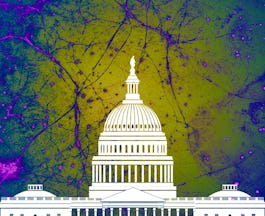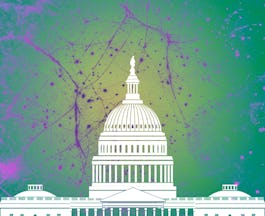Filter by
Subject
Required
Language
Required
The language used throughout the course, in both instruction and assessments.
Learning Product
Required
Learn from top instructors with graded assignments, videos, and discussion forums.
Get in-depth knowledge of a subject by completing a series of courses and projects.
Level
Required
Duration
Required
Skills
Required
Subtitles
Required
Educator
Required
7 results for "differentiate alternative approaches to social policy problems"

Columbia University
Skills you'll gain: Human Learning

Columbia University

Columbia University

Columbia University

Columbia University

Columbia University
Skills you'll gain: Human Learning
 Status: Free
Status: FreeUniversity of Alberta
Skills you'll gain: Critical Thinking
In summary, here are 10 of our most popular differentiate alternative approaches to social policy problems courses
- US Social Services: Where did they come from?: Columbia University
- US Social Services Compared: Columbia University
- Social Services for Families, Seniors and Those with Disabilities: Columbia University
- Health, Housing, and Educational Services: Columbia University
- Poverty & Population: How Demographics Shape Policy: Columbia University
- Social Policy for Social Services & Health Practitioners: Columbia University
- Science Literacy : University of Alberta










